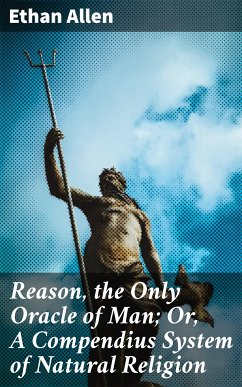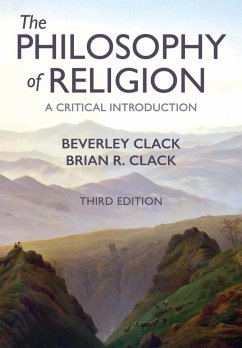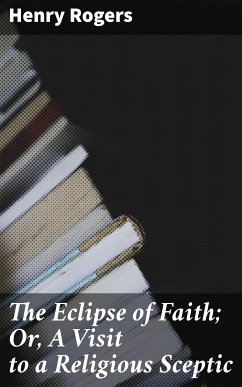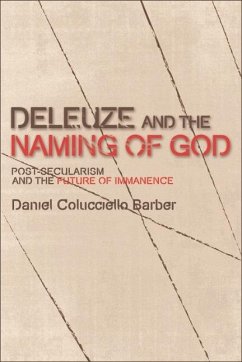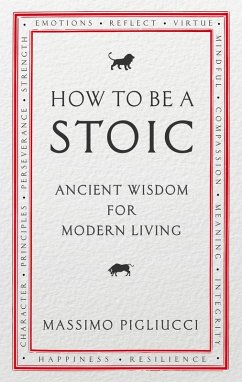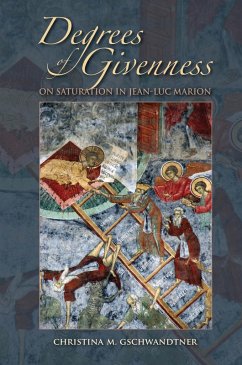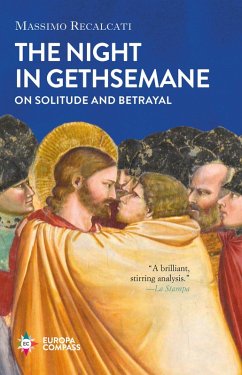
God the Known and God the Unknown (eBook, ePUB)
Enriched edition. Exploring the enigmatic nature of divinity and the complexities of faith
Kommentar: Somerville, Felicity / Redaktion: Good Press

PAYBACK Punkte
0 °P sammeln!
In "God the Known and God the Unknown," Samuel Butler embarks on an exploration of the divine, juxtaposing traditional theological perspectives with his own innovative ideas. Employing a blend of philosophical inquiry and literary wit, Butler delves into the complexities of human understanding of God, illuminating the contrasts between the God of established religion and the more personal, ineffable deity. The text is marked by Butler's incisive clarity and skepticism, reflecting the broader intellectual currents of the late 19th century, as he navigates the tension between faith and reason am...
In "God the Known and God the Unknown," Samuel Butler embarks on an exploration of the divine, juxtaposing traditional theological perspectives with his own innovative ideas. Employing a blend of philosophical inquiry and literary wit, Butler delves into the complexities of human understanding of God, illuminating the contrasts between the God of established religion and the more personal, ineffable deity. The text is marked by Butler's incisive clarity and skepticism, reflecting the broader intellectual currents of the late 19th century, as he navigates the tension between faith and reason amid an increasingly secularized society. Samuel Butler was a multifaceted thinker, acclaimed not only as a novelist but also as an insightful essayist and critic. His background in both literature and philosophy, combined with his own wrestles with conventional belief systems, provided fertile ground for his reflections on spirituality. Butler's keen observation of contemporary debates surrounding science and religion informs his writings, as he seeks to reconcile the known and unknown aspects of the divine in a manner that challenges prevailing notions. This thought-provoking work is highly recommended for readers interested in theology, philosophy, and literature. Butler's eloquence and critical perspective invite readers to engage in self-reflection about their own beliefs and perceptions of the divine, making it an essential read for those looking to navigate the delicate interplay between faith and reason. In this enriched edition, we have carefully created added value for your reading experience: - A succinct Introduction situates the work's timeless appeal and themes. - The Synopsis outlines the central plot, highlighting key developments without spoiling critical twists. - A detailed Historical Context immerses you in the era's events and influences that shaped the writing. - A thorough Analysis dissects symbols, motifs, and character arcs to unearth underlying meanings. - Reflection questions prompt you to engage personally with the work's messages, connecting them to modern life. - Hand-picked Memorable Quotes shine a spotlight on moments of literary brilliance. - Interactive footnotes clarify unusual references, historical allusions, and archaic phrases for an effortless, more informed read.
Dieser Download kann aus rechtlichen Gründen nur mit Rechnungsadresse in A, B, BG, CY, CZ, D, DK, EW, E, FIN, F, GR, H, IRL, I, LT, L, LR, M, NL, PL, P, R, S, SLO, SK ausgeliefert werden.




